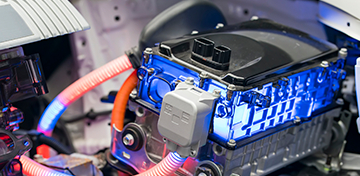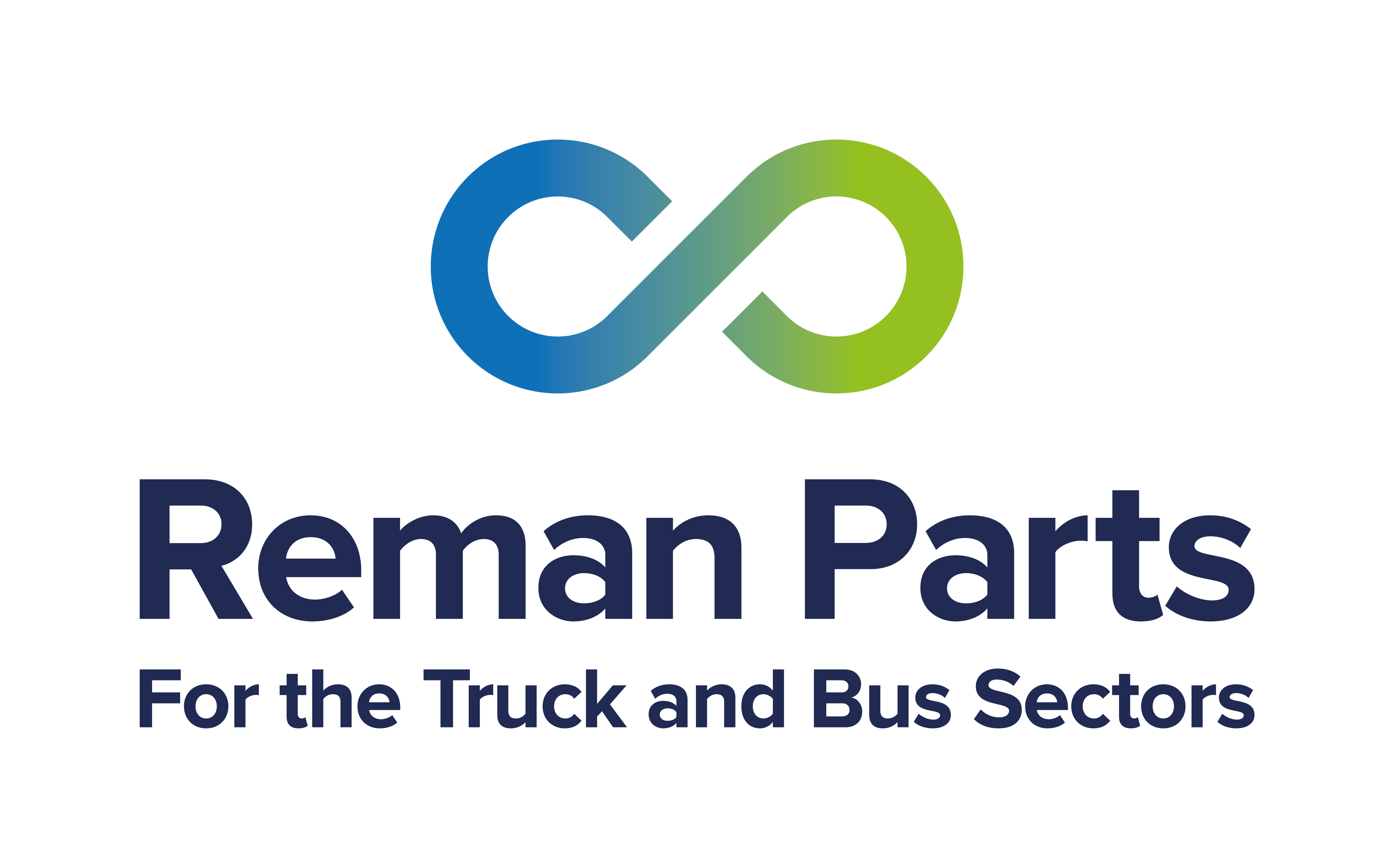Innovate with our Lithium Ion Battery Repair Service (LPS)
Replacing a worn-out Lithium Ion Battery signifies wastage for vehicle operators, the environment, and all its inhabitants.
Here at Remanufactured Parts Ltd, this is a cause close to our hearts.
With 27 years of engineering expertise, our Senior Engineer Jon Lowe has dedicated the last 5 years to repairing these batteries. This has granted us unparalleled understanding of the predicament commercial operators encounter when the LPS Batteries within their Refrigerated Vehicles and Vans malfunction.
Reach out to us now to discover the substantial savings you can achieve – in terms of cost, time, and carbon footprint.
Contact UsLPS Battery Repair Process
- Assessment: Our expert technicians begin by thoroughly assessing the battery unit to determine the root cause of the issue, whether it lies within the cells, electronics, or if there’s no fault detected.
- Disassembly and Cell Replacement: If the problem is traced back to faulty cells, the battery unit undergoes a meticulous disassembly. Dead cells are then carefully removed and isolated in a designated area to prevent any further impact.
- Safe Disposal: Once we accumulate a batch of spent cells, our responsible approach ensures their safe and sustainable disposal, adhering to environmental guidelines and practices.
At Reman Parts, we prioritise accurate diagnosis, precise repair procedures, and eco-conscious disposal methods to extend the life of your battery and contribute to a cleaner environment.

Reuse, repair and recycling in a circular economy
Repairing the LPS battery holds significant advantages within the framework of a circular economy. Embracing repair practices extends the lifecycle of batteries, promoting resource conservation and minimizing waste. This aligns perfectly with the principles of reusability, repairability, and recycling that form the foundation of a circular economy.
By repairing LPS batteries, we reduce the demand for new raw materials, curbing environmental impact and energy consumption associated with production. This process not only conserves valuable resources but also reduces greenhouse gas emissions. Furthermore, fostering a culture of repair stimulates job opportunities in the repair and maintenance sector, contributing to local economies.
In conclusion, repairing LPS batteries embodies the essence of a circular economy by reducing waste, conserving resources, lowering emissions, and fostering sustainable economic growth. It’s a responsible choice that resonates with the ethos of reuse, repair, and recycling, ensuring a greener and more prosperous future.
